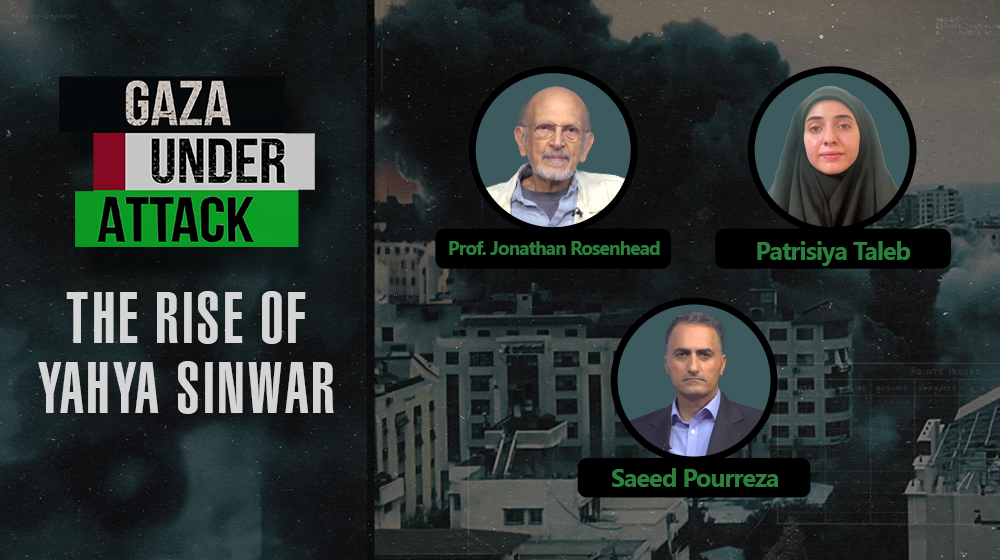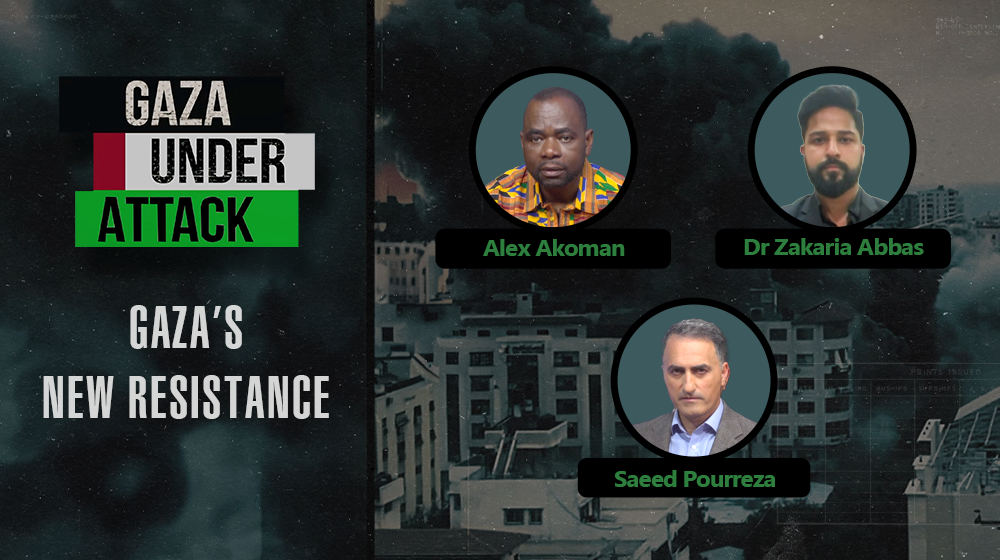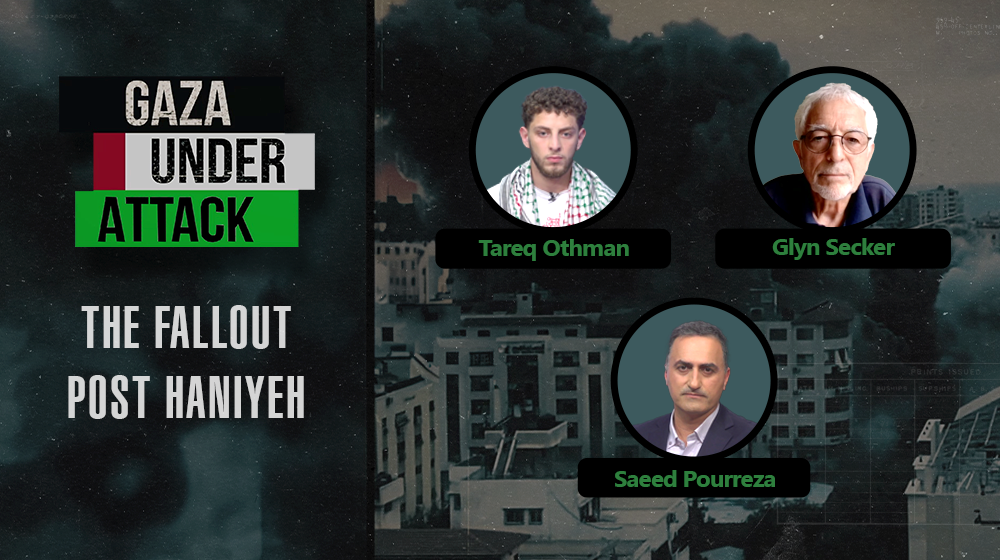Western hot air
Washington has had its draft ceasefire resolution to the United Nations Security Council vetoed by Russia and China, who say it did not go far enough to demand a permanent ceasefire in Gaza.
The US had tied any ceasefire deals to the release of the captives, a move that did not have the support of two of the other UNSC permanent members.
In response, Antony Blinken talked of the US being determined to see that Israel succeeds in defending itself, which goes a long way to show that Washington's position has not moved on much despite rhetoric lamenting the humanitarian condition that the UN Agency for Palestine Refugees said was beyond desperate.
Across the pond, the 27 members of the European Union - after tens of thousands of casualties and a humanitarian catastrophe- managed to agree on text calling for an immediate humanitarian pause, leading to a sustainable ceasefire.
At this point is very difficult to see these political missives as anything other than official hot air and a level of hypocrisy the Gazans are paying for with their lives.
As ceasefire talks stumble on, global commentators become less confident that the path toward peace will be forged during Ramadan, especially as violence and tension intensify in the West Bank.
Israeli military made no territorial gain in Lebanon: Report
VIDEO | 70 Palestinians killed in Israeli strikes across Gaza Strip
US Election Day: First votes cast in New Hampshire
Nov. 4: ‘Axis of Resistance’ operations against Israeli occupation
Britons demand release of pro-Palestine activists
VIDEO | Israel's unwinnable war in Lebanon
Non-aligned nations condemn Israeli violation of Iran's sovereignty
IRGC: 10 foreign-backed terrorists killed, arrested in Sistan and Baluchestan









 This makes it easy to access the Press TV website
This makes it easy to access the Press TV website